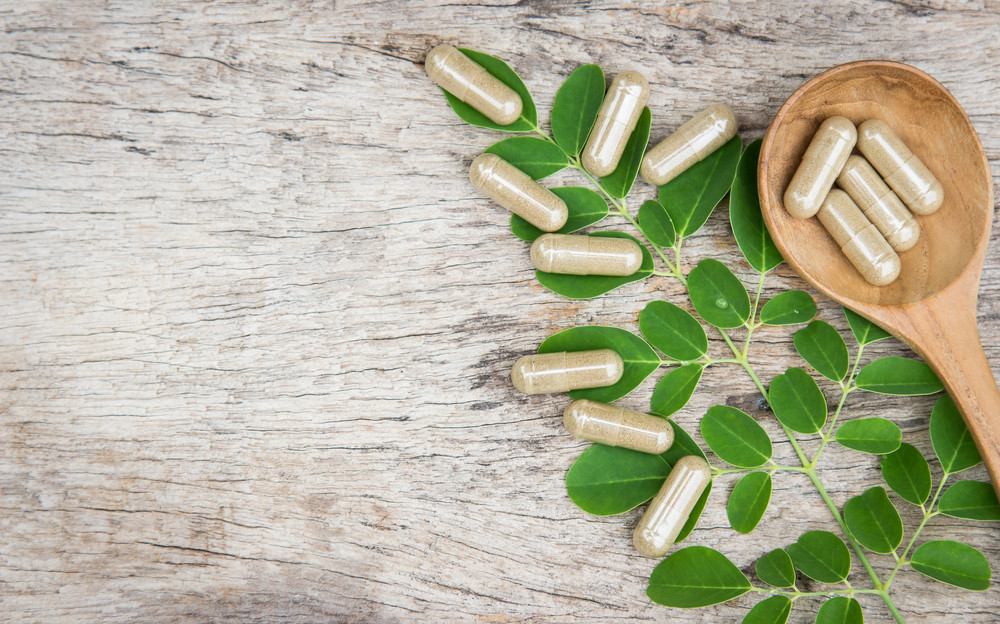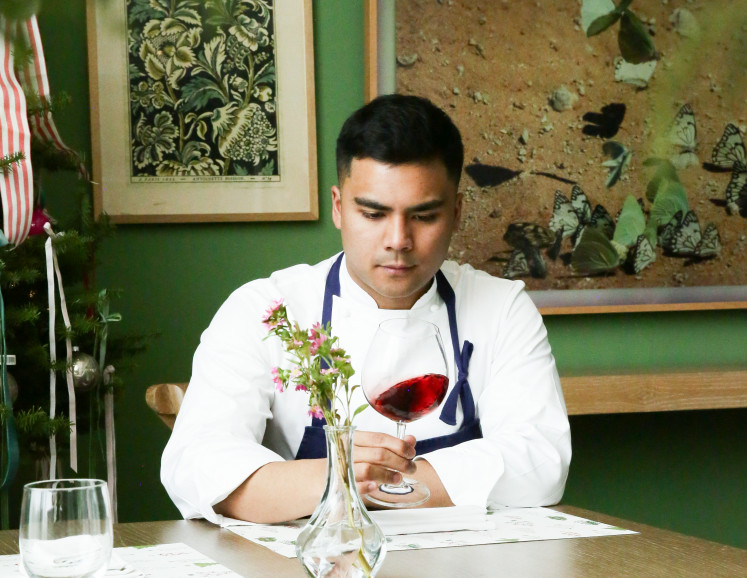Popular Reads
Top Results
Can't find what you're looking for?
View all search resultsPopular Reads
Top Results
Can't find what you're looking for?
View all search resultsCOVID-19: Scientists in South Sumatra claim glucose-based snack 'cures' coronavirus
A group of scientists in South Sumatra claims to have discovered a possible remedy for COVID-19: a glucose-based snack.
Change text size
Gift Premium Articles
to Anyone
 A group of scientists in South Sumatra claims to have discovered a possible remedy for COVID-19: a glucose-based snack, which is said to have been effective in breaking down several major components of the novel coronavirus that causes the disease and inhibiting its incubation. (Shutterstock/Fecundap stock)
A group of scientists in South Sumatra claims to have discovered a possible remedy for COVID-19: a glucose-based snack, which is said to have been effective in breaking down several major components of the novel coronavirus that causes the disease and inhibiting its incubation. (Shutterstock/Fecundap stock)
A
group of scientists in South Sumatra claims to have discovered a possible remedy for COVID-19: a glucose-based snack, which is said to have been effective in breaking down several major components of the novel coronavirus that causes the disease and inhibiting its incubation.
The product, dubbed SIeNERGI, is among the 130 discoveries recently developed using nano-technology, according to the scientists.
“This is not a [chemical substance]. It’s an edible material that we normally consume every day,” said Achmad Faisal Rizal, one of the scientists, during his meeting with South Sumatra Governor Herman Deru on Tuesday.
Faisal claimed SIeNERGI had served as a particularly potent “antivirus” for a number of confirmed COVID-19 cases and suspected patients, as evidenced in a recent trial run. Three patients in Bekasi, West Java, and Jakarta said they had recovered from COVID-19 symptoms three days after they consumed SieNERGI, he said.
According to him, the product is able to turn protein – a major driver of the coronavirus growth – into amino acid, depriving the virus of some of its major replication components. Furthermore, the glucose contained in the product is also found to have broken down carbohydrates – a source of energy for the virus – into calories within a host’s body, he said.
Read also: COVID-19: Antiparasitic drug can kill coronavirus within two days, study finds
“We’ve developed such a technology, which now comes in the package of a glucose-based snack,” Faisal said, claiming that the product did not have any side effects.
Governor Herman expressed his enthusiasm for SieNERGI and called for further research into the “glucose-based antivirus” to learn more about the product’s long-term effects on the body.
However, Yuwono of Sriwijaya University Medical School, who also serves as the spokesperson for the province’s COVID-19 rapid response task force, expressed his skepticism about the product.
“I wonder why [the product] is labeled an antivirus. The product is an herbal or nutritional therapy. It still has a long way to go before it could be used in hospitals or clinics,” Yuwono told The Jakarta Post on Wednesday.
He went on to say that an antivirus is vastly different from a vaccine. An antivirus is a substance that inhibits the growth of a virus, whereas a vaccine is a neutered virus that serves to strengthen an individual’s antibodies against similar pathogens.
Read also: COVID-19: Jokowi urges G20 countries to develop vaccine, win 'war' against the pandemic
SieNERGI is the latest in a growing list of products that have been touted as possible remedies for COVID-19 in recent months. However, the efficacy and safety of these products have yet to be proven.
President Joko “Jokowi” Widodo said last month that the government had been preparing medicines, including 3 million doses of chloroquine, which he described as “having been proven to cure COVID-19 in other countries”.
However, experts warned that self-medication using chloroquine could result in severe side effects, including nausea, vomiting, diarrhea, breathing difficulties and mental disorders.
A traditional beverage called empon-empon became highly popular last month following a recent study by Chairul Anwar Nidom from Airlangga University in East Java, which claimed that consuming the traditional drink could increase one’s immunity to diseases. (rfa)










